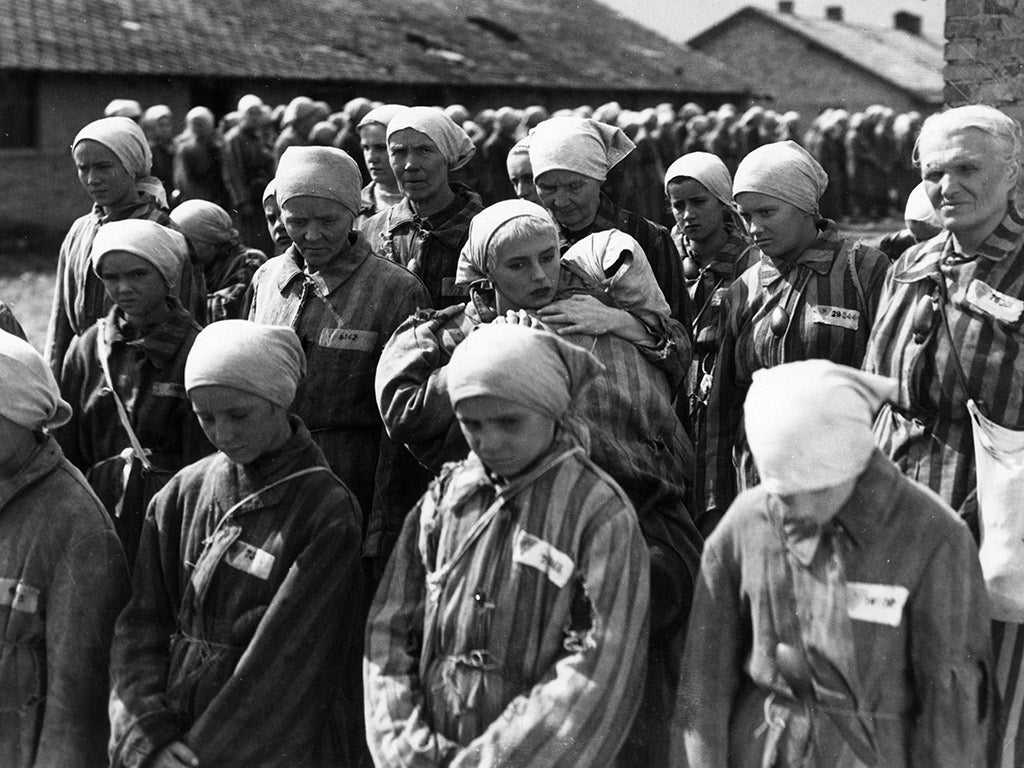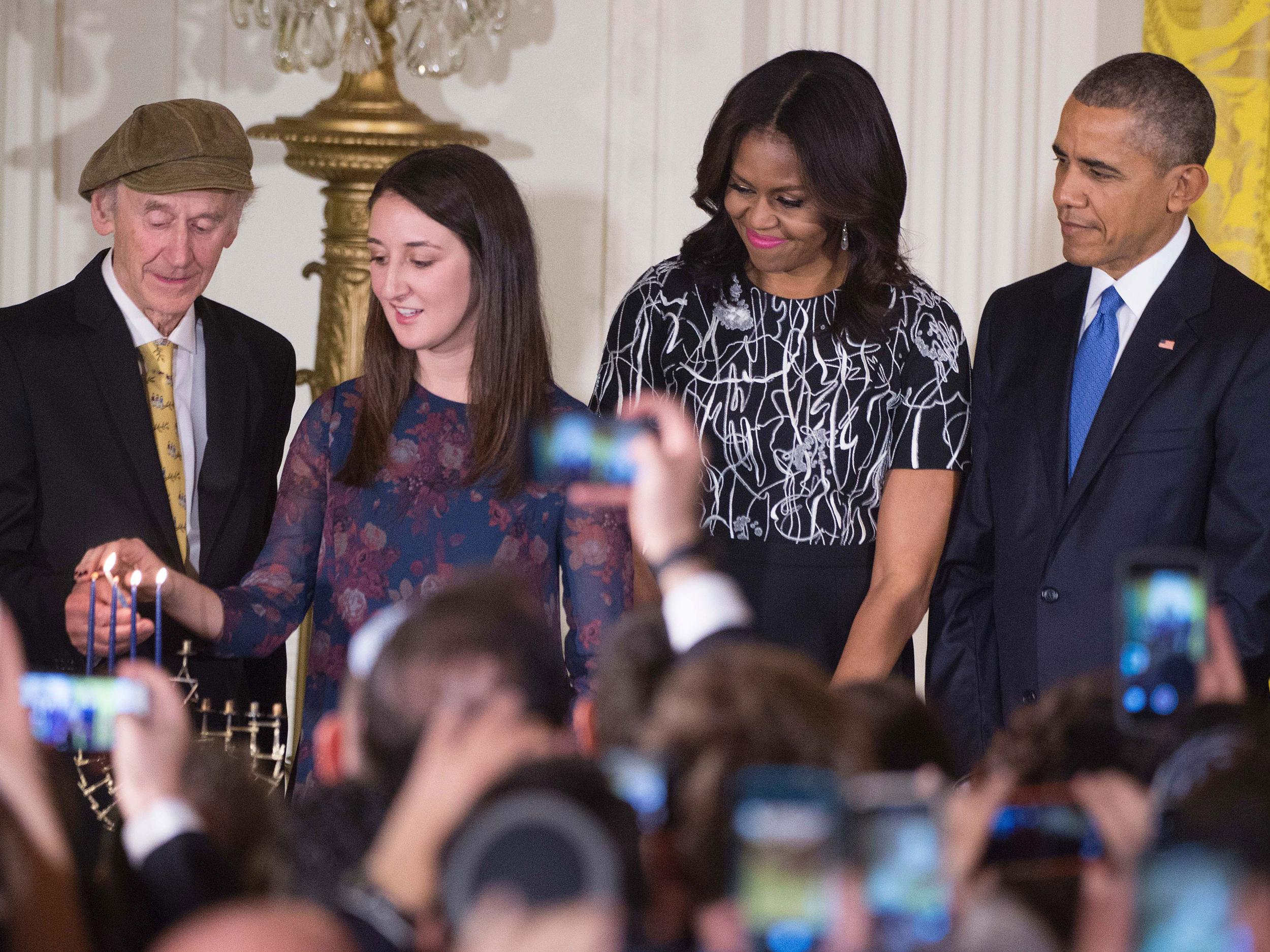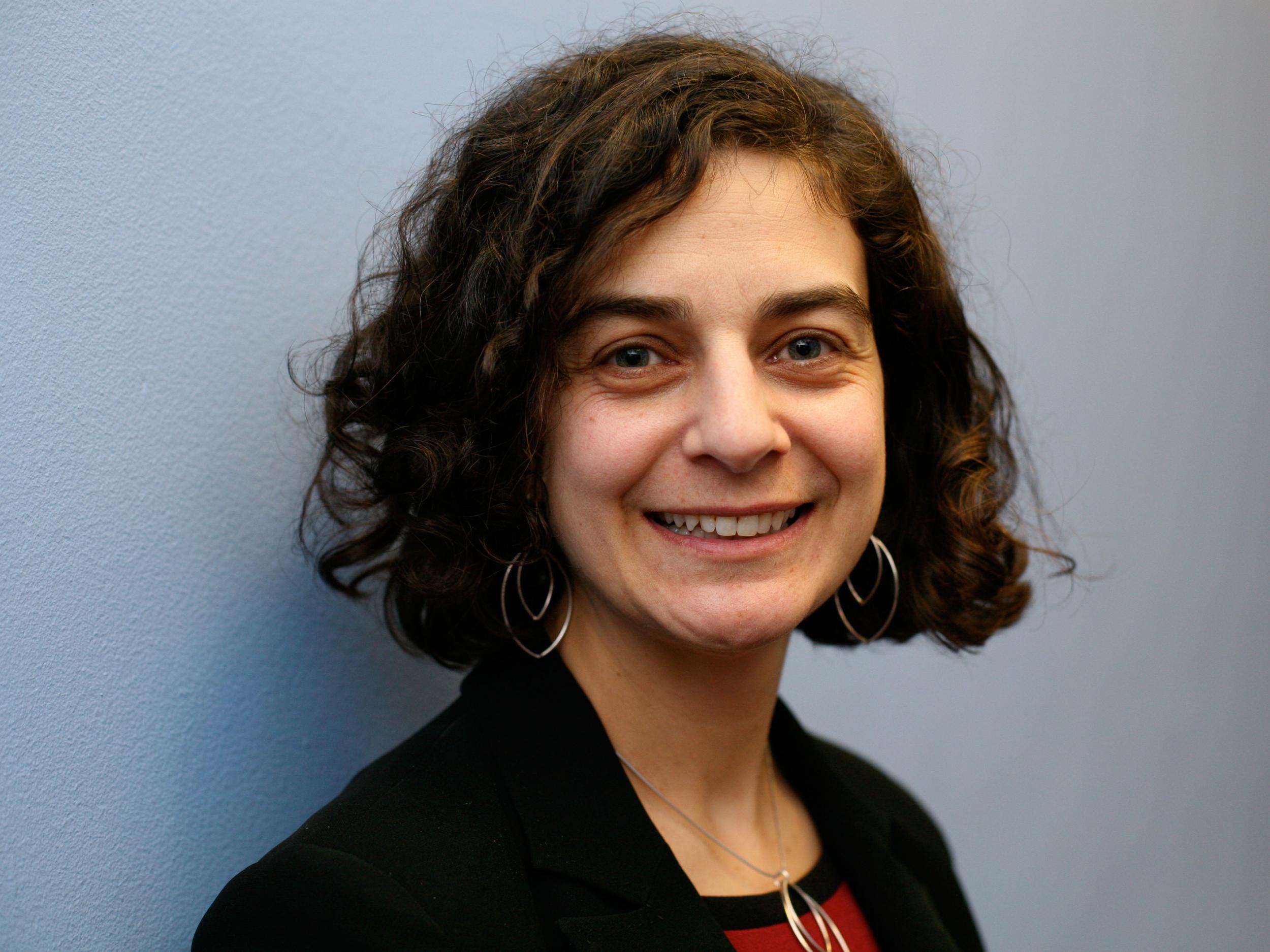Holocaust survivors say Donald Trump's refugee ban 'tragically' similar to 1930s
America closed its doors to immigrants in 1921 and throughout the Second World War

Your support helps us to tell the story
From reproductive rights to climate change to Big Tech, The Independent is on the ground when the story is developing. Whether it's investigating the financials of Elon Musk's pro-Trump PAC or producing our latest documentary, 'The A Word', which shines a light on the American women fighting for reproductive rights, we know how important it is to parse out the facts from the messaging.
At such a critical moment in US history, we need reporters on the ground. Your donation allows us to keep sending journalists to speak to both sides of the story.
The Independent is trusted by Americans across the entire political spectrum. And unlike many other quality news outlets, we choose not to lock Americans out of our reporting and analysis with paywalls. We believe quality journalism should be available to everyone, paid for by those who can afford it.
Your support makes all the difference.Holocaust survivors and campaigners have compared Donald Trump’s immigration ban to the unprecedented plight of the Jews.
Mark Hetfield, the chief executive of Jewish refugee programme HIAS, said Mr Trump’s executive order on the eve of International Holocaust Remembrance Day, was a “tragic irony”.
Survivors of the genocidal horror, waged by the Nazi regime, have also said America’s refusal to accept child victims of the Holocaust resembles closing borders to Syrian children.
The US President signed an executive order this week that temporarily bans people from seven Muslim-majority countries, including refugees from war-torn Syria, entering the country.
“It’s a deep and tragic irony that Donald Trump is slamming the door in the faces of refugees right before International Holocaust Remembrance Day,” Mr Hetfield told Haaretz.com.
“The entire refugee convention came out of the Holocaust and the failure of the international community to protect Jews and survivors."
Mr Hetfield, the president of HIAS, which was formed in 1881 to help Jews already fleeing Eastern Europe, said the US had reached “rock bottom” and the “lowest point we’ve seen since the 1920s”.
The US shut its doors to immigrants in 1921 and did not lift it until after the Second World War.
“What is America without refugees,” said the US citizen.
“How can Trump claim ‘America first’ and abandon the values that make us America? When refugees come here, they’re considered Americans, not refugees. That’s what gives us credibility in the world.”
Canadian immigrant Gerda Freiberg, from the former Upper Silesian region in eastern Europe, survived three years of Nazi slave labour in a women’s camp in Sudetenland.
The 91-year-old described how camps for displaced people set up by the allies, during the Second World War, were as important as refugee camps now.
She added: “There may be terrorists among some, but there are more decent people among them."
Manny Lindenbaum, who was chased by the Nazis as a small child from his hometown of Unna in Germany, in 1938, said: “When we talk about closing the borders or looking at refugees as enemies, they are talking about us.”
Mr Lindenbaum, who now lives in Jackson, New Jersey, attended a candle lighting Hanukkah ceremony with the Obamas in 2015.
“America is refugees, that’s what America is, the thought that they are a danger to us," he said. "That’s how it was when we came here. The US didn’t want refugees from Germany, including Jews, because they were fearful of criminal activity.”

Miriam Caine, the vice president of the Association of Jewish Holocaust Survivors of Philadelphia, also thought "closing the door to immigrants is 100 per cent wrong".
The 83-year-old added: "That's what hurts the most - when the door is shut in the face of a child who is not given the opportunity for a better life."
At least six million Jews are estimated to have died in the Holocaust, including 1.5m children.
Their comments came after a spike in hate crimes in the US, with 897 reports recorded in the 10 days after Mr Trump's triumph.

Speaking to The Independent, the UK’s Holocaust Memorial Day Trust chief executive Olivia Marks-Woldman said: “I think any anti-Semitic comments or discriminatory language just adds fuel to discourse and just adds fuel to this kind of language.
“But I'm reluctant to make any direct comparisons between the Holocaust and his [Donald Trump's] direct language.
"People marking HMD should learn about the past and reflect upon it and the continued relevance and what steps they can take to make a better world."
The Holocaust Memorial Day Trust, which also commemorates victims of genocide since the Holocaust including in Darfur and Yugoslavia, will see around 6,000 local events.
This is up from 5,500 in 2016 and 3,500 in 2015.
Join our commenting forum
Join thought-provoking conversations, follow other Independent readers and see their replies
0Comments